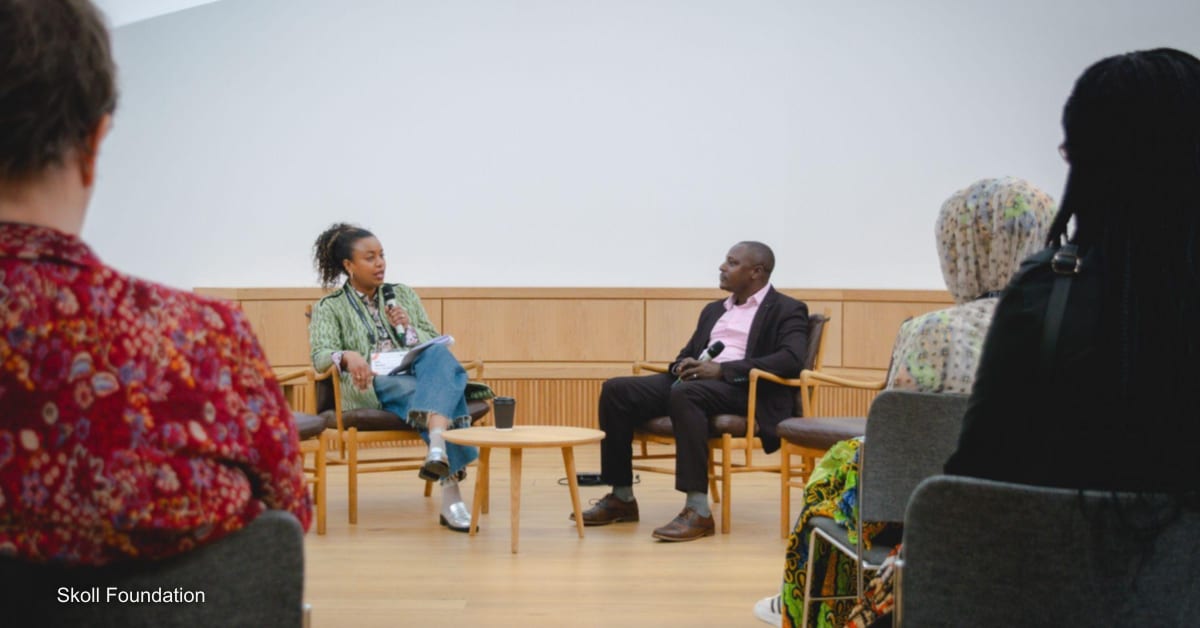
If you ask me what I came to do in this world, I, an artist, I will answer you: “I am here to live out loud”- Emile Zola
It’s great to see the trend towards greater openness and transparency in the world of international development, especially initiatives such as Publish what you Fund and the International Aid Transparency Initiative.
But for most people working in international development, the decisions about whether your organization participates in these initiatives might well be out of your personal sphere of influence. So what do these trends mean for you as an individual?
You might well be more concerned about whether greater transparency and availability of personal information might hurt your career. Will embarrassing photos or unguarded comments be posted to Facebook and Twitter, or will student political activities be held against you in your next job search?
The furore and backlash about recent Wikileaks revelations also might be a cause for concern since it shows that supposedly secret or confidential information can easily come to light. At an institutional level, there is also a risk that Wikileaks will be used as an excuse for organizations to clamp down on the use of social media, and become much more guarded about being transparent, and even suspicious and controlling of those staff who are active on social media.
I do think that there are some limits to what can and should be shared publicly. In particular, I’m concerned about issues such as violating people’s privacy. (For example, in the context of my work for UNICEF, the privacy of children and others who are not able to give informed consent for their private information to be shared, or to defend themselves when someone else violates their rights.) There are also circumstances when sharing information can jeopardize livelihoods and even lives, such as information about those who disagree with the government or who are homosexual, HIV positive, secretly sending their girls to school et cetera.
There is a responsibility of those who disclose information about others to take responsibility for the consequences of doing this.
At the same time, we shouldn’t use security and privacy as a smokescreen to cover up illegal and unethical behaviour, or even incompetence and inefficiency.
So from an individual point of view, what is to be done? Perhaps one answer is just to work and live out loud, and to embrace it. Assume that anything you write or say might be shared publicly or at least with other colleagues, with partners and even with opponents. If we write everything in such a way that it might be disclosed later, then we might need to be a little more careful about what we say, but in most cases it doesn’t mean we need to shy away from speaking the truth, just that we need to be more diplomatic, and more sure of our facts – and also be prepared to stand by our remarks and our decisions.
For organizations, too, this makes sense since, as Wikileaks has shown, anything an organization does can become public at some time in the future. Social media present a great way for organizations and individuals to start “working out loud”: to openly share thoughts and document what we do for a wider audience than the one we normally address memos, remarks or diplomatic “cables” to. (Incidentally, who still uses cables for communication?)
This can make us more honest, including being more honest with ourselves as we open ourselves and ideas to potential scrutiny. It also opens the possibility for us to narrate our work as we are doing it, and get immediate feedback rather than wait until we have a finalized sanitized report or official document. It also gives aid workers the possibility to really explain and educate people about the work we do in a real or authentic way – not with a marketing or fundraising spin (and who knows, we might even get more support and more funds this way).
As part of my work of knowledge management, I am encouraging professionals to share more and sooner through social media tools to solicit feedback from colleagues within and beyond their organization, rather than to wait until they have, for instance, drafted a paper that may never be published.
Of course, it is challenging enough to get people to do this “inside the firewall,” let alone in public. But the potential benefits of being able to listen to, learn from and influence donors, beneficiaries and professional peers in other organizations far outweigh the risks.
Since we can’t assume that whatever is shared, whether by social media or more traditional means, will stay private, we better start working as if whatever we do will be shared and potentially scrutinized. We need to start developing the skills not only to cope with this openness, but to take full advantage of it to keep us honest, and to speed up with knowledge sharing and learning. And if we were all more open, we’d realize that a few old, candid Facebook photos are really nothing to get excited about.
How about you: Are you ready to “live out loud”? Is your organization ready to accept you if you do? Please leave a comment below!
Read more of Full Disclosure: The aid transparency blog, written by aid workers for aid workers.








